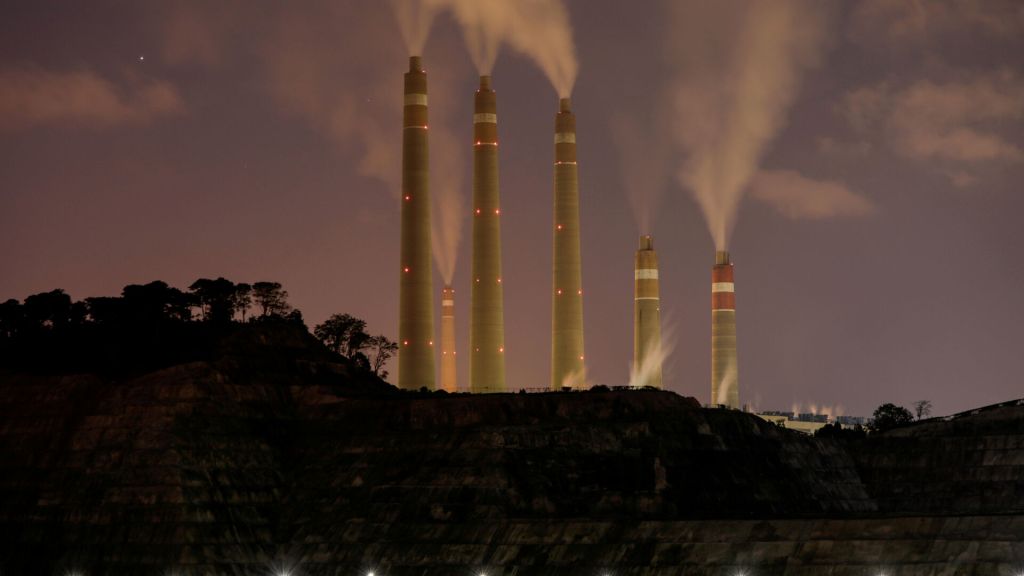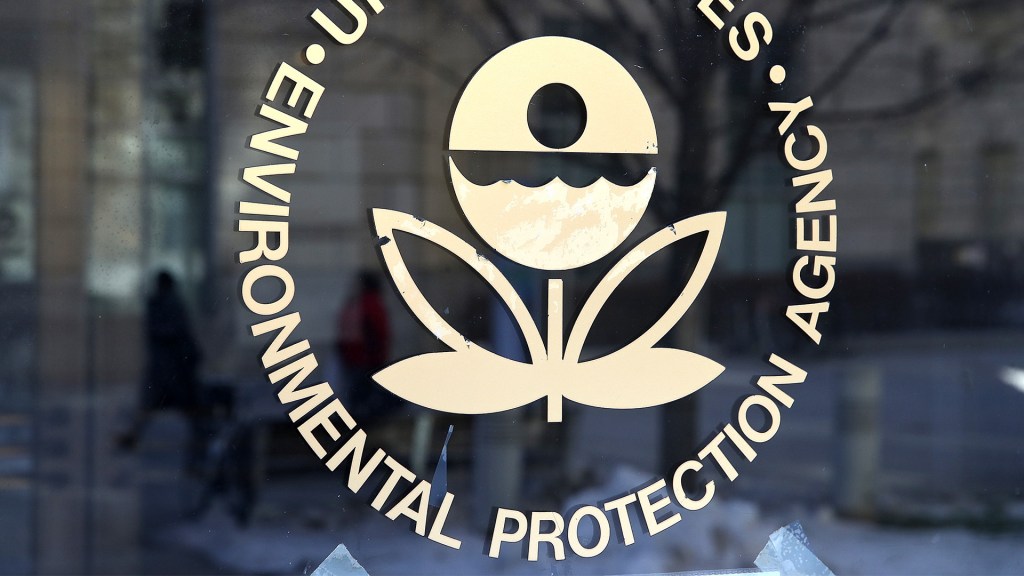The Supreme Court has allowed the Biden administration to move forward with new Environmental Protection Agency rules aimed at reducing carbon emissions from power plants. The decision comes as a blow to more than 20 Republican-led states and industry groups that had sought to block the regulations.
The rules, which will require coal and natural gas power plants to cut or capture 90% of their climate-warming emissions by 2032, are expected to reduce carbon dioxide output from the sector by 75% compared to 2005 levels.

Despite opposition, the court declined to halt the regulations while lower court challenges continue.
The 6-3 ruling did not require plants to take immediate action, and Justices Brett Kavanaugh and Neil Gorsuch noted in a brief opinion that the challengers have a “strong likelihood” of success in the future. However, they said there was no urgency to block the rule now since it does not go into effect until next year.
Justice Clarence Thomas dissented, saying he would have granted the states’ request, while Justice Samuel Alito recused himself from the case.
The ruling is the latest in a string of victories for the Biden administration’s environmental agenda. Earlier this month, the court let stand other EPA regulations cutting methane and mercury emissions, decisions that were largely praised by environmental groups.

Republican attorneys general and industry groups have criticized the EPA’s rules as too costly, arguing that the regulations will force power plants to close due to expensive compliance measures like carbon capture technology and clean hydrogen fuel.
The Biden administration hopes the regulations, along with significant financial support from its climate law, will help transform the energy sector and significantly reduce emissions contributing to global warming. Legal challenges are expected to continue, but for now, the EPA is cleared to move forward.

















































